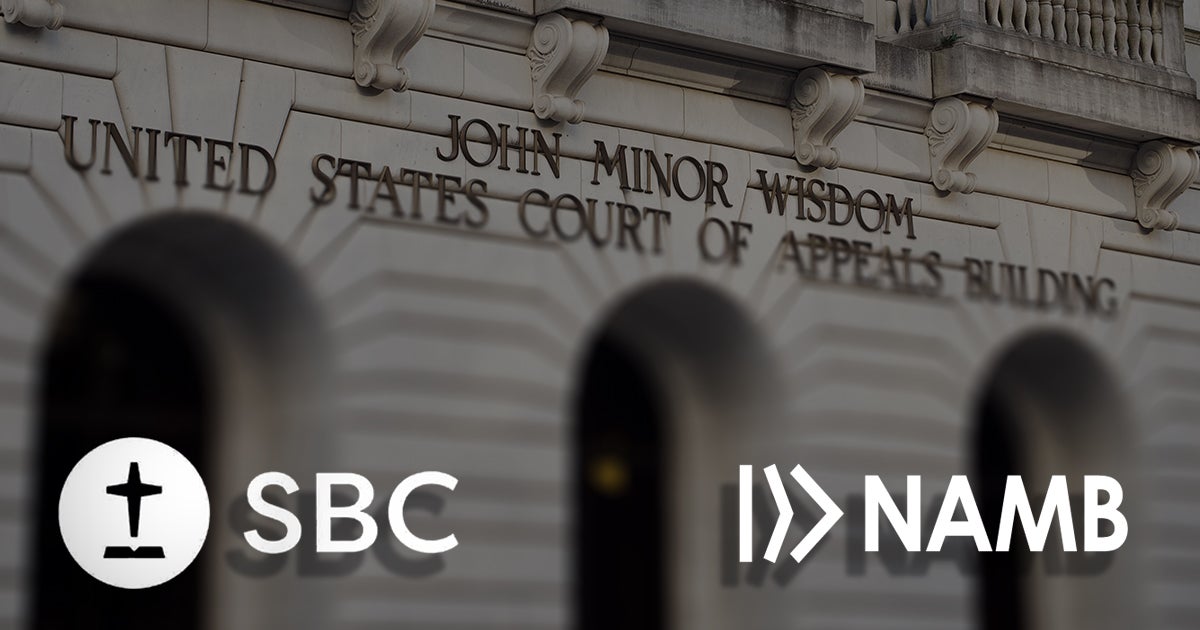
by Jorge Gomez • 3 min read
On Thursday, First Liberty—alongside our volunteer attorneys at Wilmer Hale—argued before a federal appeals court in a case dealing with the important issue of church autonomy.
We argued on behalf of the North American Mission Board (NAMB) of the Southern Baptist Convention (SBC). We explained to a three-judge panel at the 5th U.S. Circuit Court of Appeals that religious institutions—not judges or government officials—have a constitutional right to choose how and who will fulfill their religious missions. Specifically, we pointed out that the U.S. Supreme Court has made it clear that the Constitution protects the independence of religious organizations to choose their own leaders.
This case came about because the Baptist Convention of Maryland and Delaware (BCMD) terminated a pastor due to spiritual concerns about his performance as Executive Director.
The pastor sued NAMB claiming that NAMB caused his termination, though there is no evidence NAMB had anything to do with his termination. The core issue in this case is whether the federal courts can get involved in this type of religious dispute at all. Courts and the government have no role in determining who should be leaders of religious organizations or how religious organizations communicate regarding the spiritual fitness of religious leaders.
The case has worked its way up and down the federal courts. And because federal courts have allowed this case to continue moving forward time and time again, this is effectively allowing the government to interfere in the decision-making processes of religious organizations, which violates the church autonomy doctrine.
Once the government is permitted to weigh in on churches’ decisions over who their leaders should be, religious freedom is in danger. If a court can evaluate the religious decisions and communications of NAMB, how long will it be until it tells local churches who they must hire to preach their beliefs, teach their faith, and carry out their mission?
The outcome of this case won’t just affect NAMB. It could impact countless houses of worship and ministries.
Church autonomy affects every church, synagogue or faith-based organization across the country. Protecting religious institutions from government interference is foundational to who we are as Americans. It’s the point of the church autonomy doctrine that the Supreme Court has recognized for nearly 150 years.
Religious institutions have the right to freely choose who will preach their beliefs, teach their faith and carry out their mission. There should be no doubt that religious institutions—not judges—have the freedom to choose how and who fulfill their religious missions.
If religious liberty under the Constitution means anything, it surely means at least this much: that the government may not interfere in an internal dispute over who should lead a church.